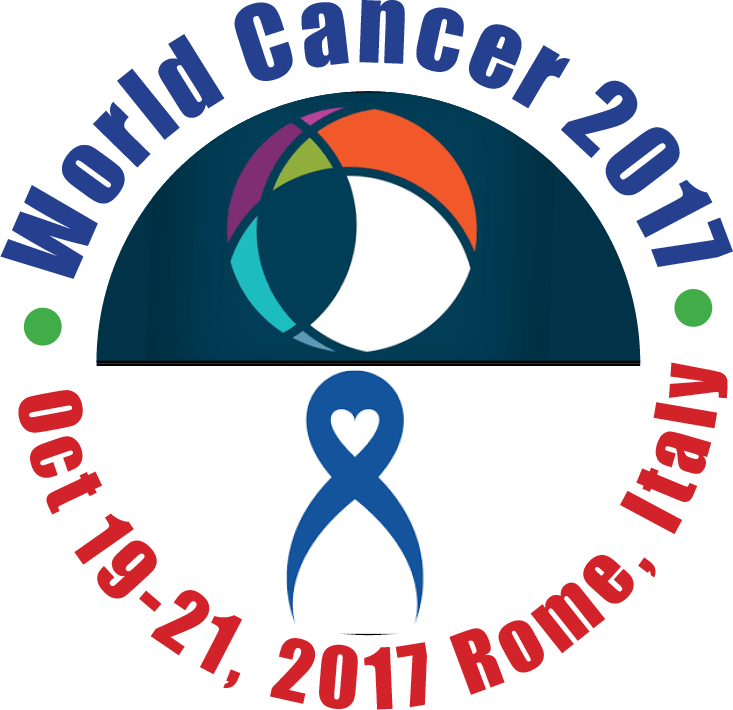
Sarah Konrad
German Cancer Consortium(DKTK), Germany
Title: A specific neuronal calcium sensor protein as potential predictive biomarker for ovarian cancer therapy
Biography
Biography: Sarah Konrad
Abstract
Sporadic ovarian cancer has the highest relative mortality among gynecological cancers as approximately 75% of patients are diagnosed at an advanced stage, resulting in poor overall survival. To improve patient’s outcome targeted therapy strategies are required urgently. In search of new biomarkers for personalized therapies, we recently identified a gene encoding a specific neuronal calcium sensor (NCS). The NCS-family is known to be involved in calcium-signaling on membranes and functions as a calcium dependent molecular switch. We demonstrated that its expression, analyzed on mRNA as well as on protein level, was significantly associated with patient survival. Moreover, the putative biomarker persisted also as a significant factor for OS (p=0.008) and RFS (p=0.014) in multivariable analyses. As little is known about the involvement of the protein in cancer, we established stable knock-downs in ovarian cancer cell lines to explore the effect of its expression on cancer cell viability and migration. Most strikingly, the knock-down cells reacted significantly less sensitive to cisplatin treatment as compared to the control cells. This effect was further investigated using different cisplatin concentrations and treatment durations. The differences were reproducible and remained significant. Since platinum-based therapy represents the “gold standard” in ovarian cancer treatment, we postulate a predictive potential of our candidate to select patients that most probably benefit from platinum-based treatment from patients which will likely not have a benefit.

